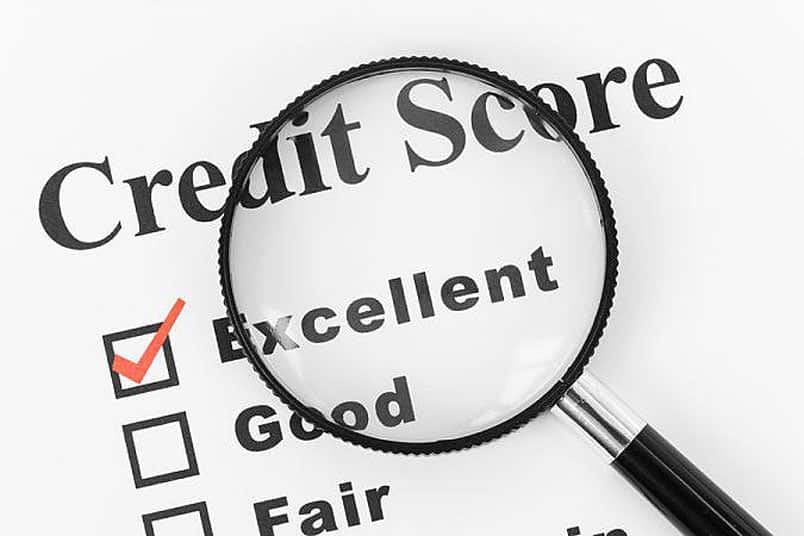An outstanding credit rating could work wonders for your finances. Not only can it improve your chances of getting approved for a loan, however the better your score, the more favorable an interest rate you’ll snag.

What is an outstanding credit rating?
And if your credit rating crosses the line into “excellent or outstanding” status, you stand to benefit much more.
So what’s considered an excellent or outstanding credit score? A FICO score of 800 or higher means you’re likely to gain access to the best rates available.
How credit scores are determined
There are several factors that go into calculating your credit score, and discovering how bureaus arrive at your score can help you take steps to improve it. Here’s a quick breakdown:
Payment history: An established pattern of paying your bills on time works to your benefit.
Credit utilization ratio: The percentage of available credit you’re using at any given point plays a part in determining your score. Lenders like to see a credit utilization ratio of 30 percent or less.
Credit history: The amount of time you have had your accounts open can affect your score as well. Younger borrowers are at a disadvantage here.
New accounts: Opening way too many new accounts at the same time can hurt your score, partially as you may come off as a reckless borrower, but also because each new application produces a hard inquiry into your credit history. While soft inquiries, such as checking your own credit report, won’t hurt your score, hard inquiries can bring it down.
Credit mix: The different types of accounts you have open also influence your score – meaning there’s a difference between opening up a bunch of store credit cards or having a mix of credit card, mortgage and student loan accounts. Keep in mind that a few of these categories carry more weight as opposed to others when determining your score. Your payment history and credit utilization ratio take part in the largest role in figuring your score, while your credit history, new accounts and credit mix play a smaller role. You should not, however, take that to mean that it’s OK to ignore any single component on the list.
Benefits of excellent or outstanding credit
Having excellent or outstanding credit isn’t only a matter of pride; it’s a matter of obtaining the best financing terms available any time you attempt to borrow money.
Say you’re applying for a $300,000, 30-year fixed mortgage. With excellent credit, you could possibly snag a 3.696 percent APR, which translates to a monthly payment of $1,380. A score that’s good however, not excellent, meanwhile, will get you a 4.095 percent APR having an associated monthly payment of $1,449 – still competitive, but not nearly as attractive.
Similarly, some of the top-tier credit cards out there are designed specifically for folks with excellent credit. These cards offer perks such as generous sign-up bonuses, killer rewards programs and low or non-existent annual fees.
Of course, consumers with good credit have their share of credit card options as well, but to be eligible for the most beneficial offers available, you’ll need to hit that excellent range.
We work with several lenders here in the Tampa Bay Area who can assist you with your financing needs. If you are ready to get started, give us a call at 813-300-7116 or simply click here and we will be in touch.
To obtain a Free Copy of your Credit Score Visit Credit Karma.com